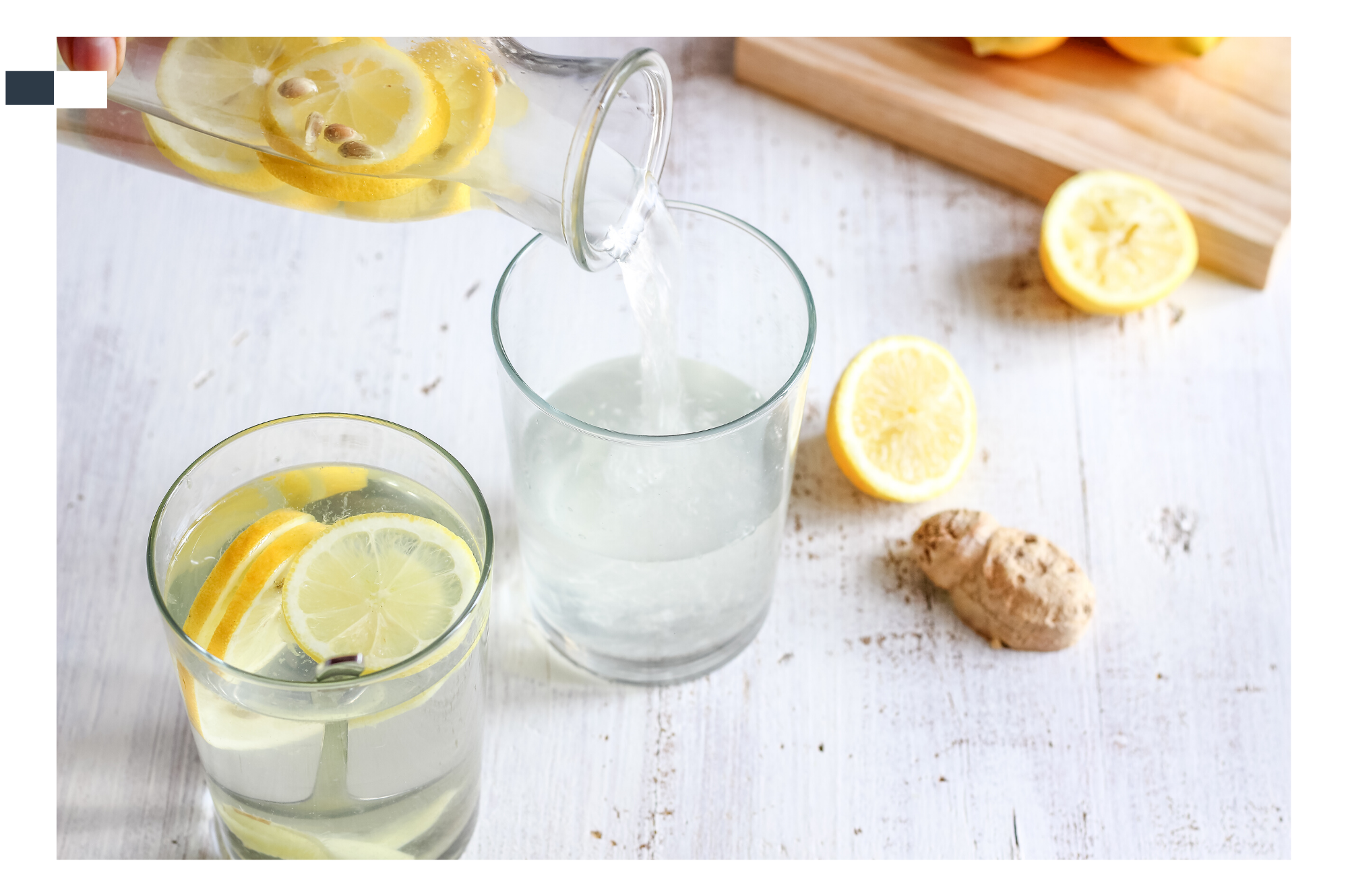Water keeps every system in the body functioning correctly.
It’s common knowledge that soaring temperatures require upping your water intake. Still, staying hydrated is actually a daily necessity year-round. Unfortunately, many of us aren’t getting enough to drink, especially older adults. Many factors play into this, but one of the biggest reasons is that seniors don’t sense thirst as much as they did when they were younger and often avoid fluids, so they don’t have to use the bathroom as much. However, even mild dehydration can increase the risk of falls, urinary tract infections and make medications less effective.
A rule of thumb is that if you feel thirsty, you’re already dehydrated. Warning signs of dehydration include weakness, low blood pressure, dizziness, confusion, or dark urine.
So how much water should you be drinking?
Most healthy people need about four to six cups of water each day. But even a healthy person’s water needs will vary, especially when exercising or in high heat.
Tips for avoiding dehydration
All beverages containing water contribute to your daily needs, and it’s a myth that caffeinated beverages or those containing alcohol are dehydrating because they make you urinate. They do, but the water from these beverages still leads to a net positive contribution to total fluid consumption over the day. Make sure to drink fluids gradually throughout the day. An easy way to do this is to have a big glass of water in the morning, with each meal and with medicine. You also get fluids from water-rich foods, such as salads and water-dense fruits, like watermelon and applesauce/
Can You Drink Too Much Water?
While it’s counterintuitive, it’s possible to drink too much water but only for individuals with certain health conditions, such as thyroid disease or kidney, liver, or heart problems, or taking medications that make people retain water. Check with your doctor to be sure you’re getting the right amount.





